
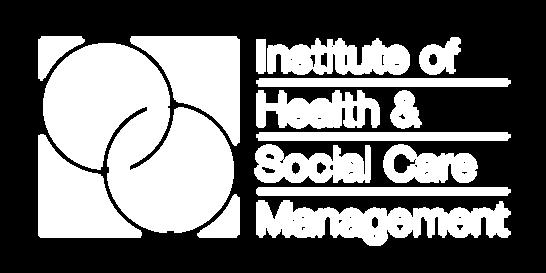


3. Message from CEO Jon Wilks
5. IHSCM HUB Map

7. University Wales Trinity Saint David Intro
8. Trinity Saint David courses information





3. Message from CEO Jon Wilks
5. IHSCM HUB Map

7. University Wales Trinity Saint David Intro
8. Trinity Saint David courses information
Welcome to the latest edition of our Regional Hub Loop – the dedicated magazine for our Regional Hub members.
It has been wonderful to be able to interact with so many of you over recent weeks at various workshops and events. The strength of our Institute really is in the variety and commitment of all of you, our members, to help and support one another.

By way of news, allow me to introduce you all to Susan Jones, our new Director of Social Care, who has replaced Adam Purnell in the role. After a terrific couple of years with us Adam is returning to his first love – providing social care – and Susan has been appointed without any hesitation at all. She has been a member for several years, absolutely understands what we are trying to do to support and encourage all of your individual development, and has a first class background in delivery of leadership and management training. Susan will be a huge asset to the organisation, I am sure.
Additionally, we are busy with the launch of a new coaching short course masterclass, prepared and delivered by Lucy Buxton, a very experienced professional coach who, again, has been involved with the Institute for some time now. We expect to formally launch the new CPD accredited coaching short course masterclass in late October / early November and, having seen the first edits, I commend it to you.
It has also been wonderful to see and hear the progress being made by several of our Special Interest Groups. Members have asked us to focus on practical outputs from the groups and recent meetings of the mental health; equality, diversity and inclusivity; digital technology; and women in leadership groups have been extremely positive. If you would like to get involved in the groups, please contact Charlotte Joseph, our operations administrator via cjoseph@ihm.org.uk.
The women in leadership special interest group, in particular, is attracting huge interest from members and we were recently delighted to welcome Shirley Cramer CBE, as the group’s inperson interview guest in London. Members Claire Mould and Chand Kaur did a first class job of interviewing Shirley and you’ll be able to watch the recorded interview very shortly.
Lastly from me, a shout out to the non-medical prescribers at Walsall Healthcare for their wonderful virtual conference earlier this week where I was privileged to be a guest presenter. If your regional or care hub would like Susan or I to speak at your event, just let us know – we are always happy to support if we can.
Best wishes and thank you for your continued fabulous support for the IHSCM.
 Jon CEO IHSCM
Jon CEO IHSCM

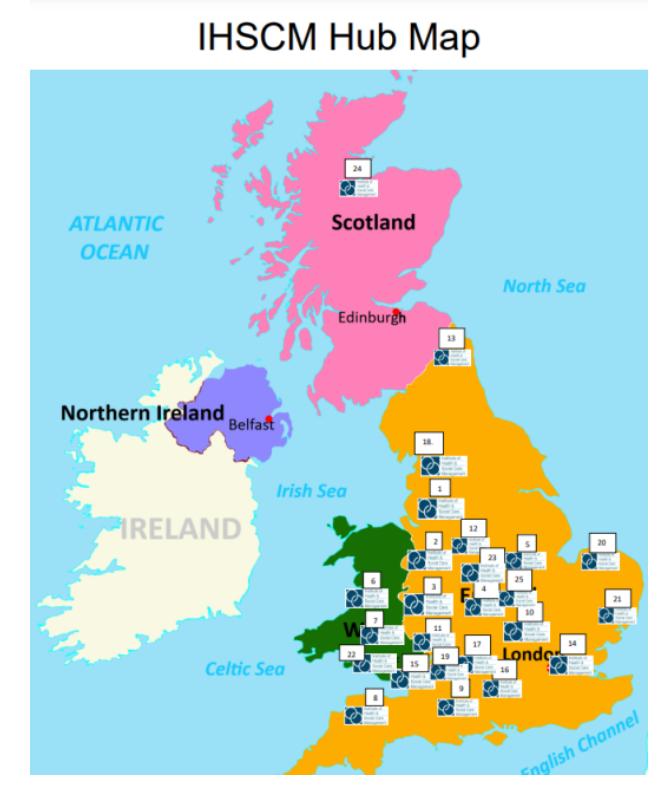

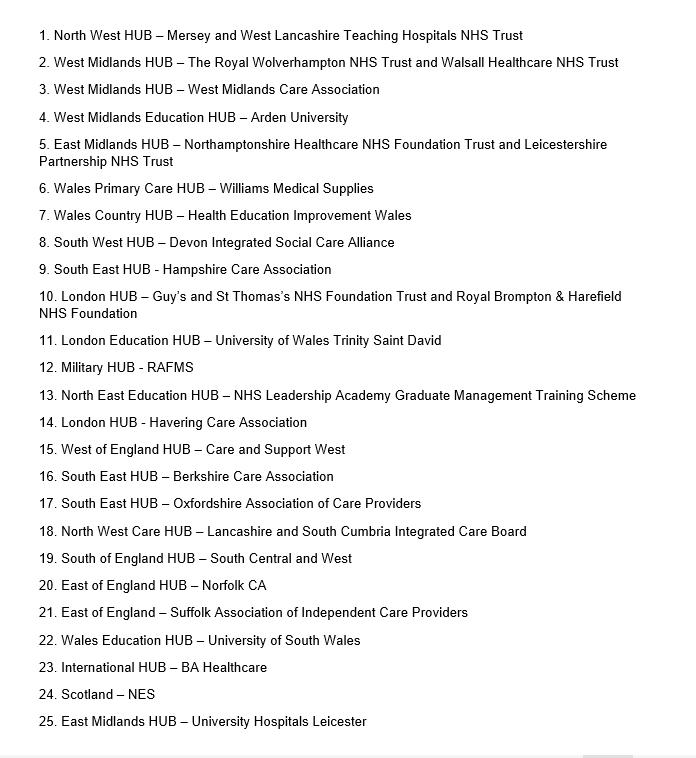
Operational since March 2012, the London campus has become a key part of the UWTSD Group. Ideally located within the centre of one of the world’s most famous capitals, students are able to widely benefit from all that the city has to offer.

Studying at UWTSD London creates a unique experience combining the University’s nearly 200 years of academic learning with inspiring and innovative teaching and learning environment.

The London campus boasts a wide range of computing, business management, accounting, and health and social care courses. Featuring undergraduate courses such as BA (Hons) Business Management, BSc (Hons) Applied Computing as well as the Certificate of Higher Education: Skills for the Workplace and Skills for the Workplace (Health and Social Care) programmes. October
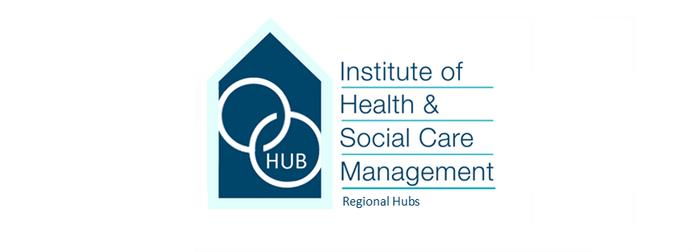

We have a number of undergraduate and postgraduate courses, including a BSc (Hons) in Health and Social Care, and an MSc in Public Health and Social Care in Practice, take a look at our courses here.
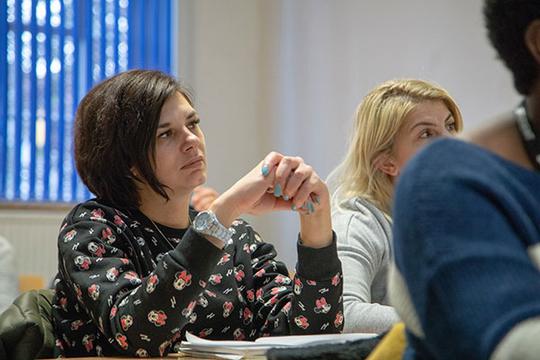

The Health and Social Care (BSc) (Hons) is designed for progression from the Level 4 Certificate of Higher Education Skills for the Workplace (Health and Social Care).




This Master's course reflects the need for transforming social care for the aging population and tackling current public health issues such as lifestyle-related diseases, mental wellbeing, and longer-term conditions. The increasing demand and pressure on the system is calling for the efficient and effective use of resources.




This programme is only available to Home applicants. You could develop your skills, improve your selfconfidence and restart your career. Designed to give you the tools to apply your personal transferrable skills to the workplace; the confidence to anticipate problems and find solutions, to work independently and with other people, to plan things out before you start and complete the things that you’ve started… the skills that employers want!


South, Central and West (SCW) is home to our South of England Regional Hub.
South, Central and West (SCW) is an NHS organisation providing support and transformation services to health and care systems. Our purpose is to support you to achieve the best possible outcomes for people, communities and populations.
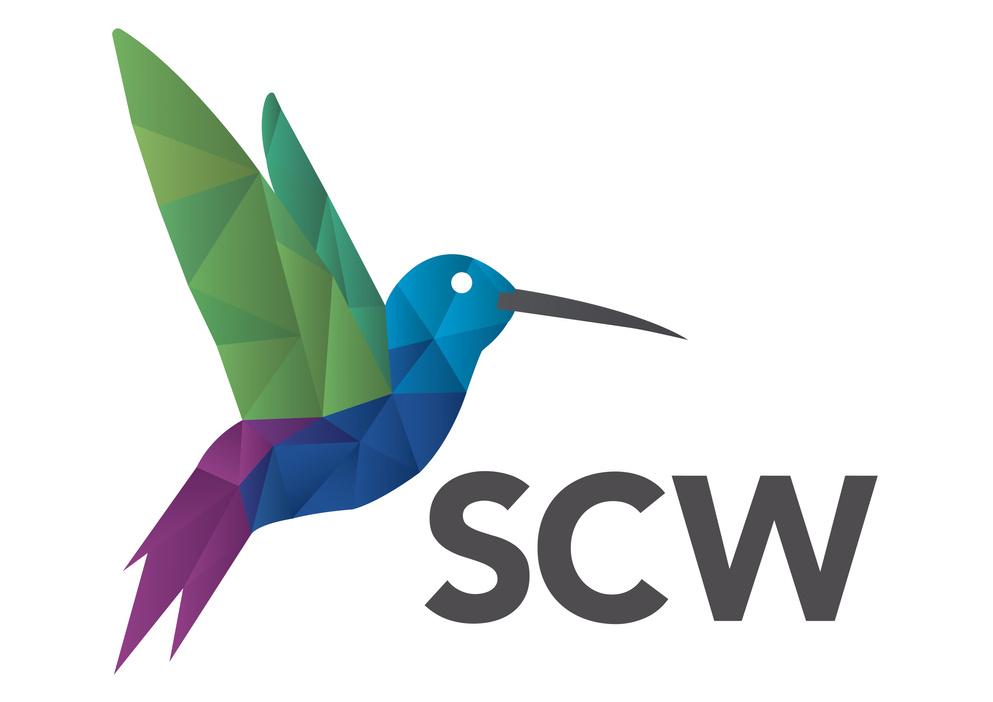



We are a non-profit-making part of the NHS, with shared values and goals for healthier, happier lives. Any small surplus we make is reinvested back into the NHS for the greater good.
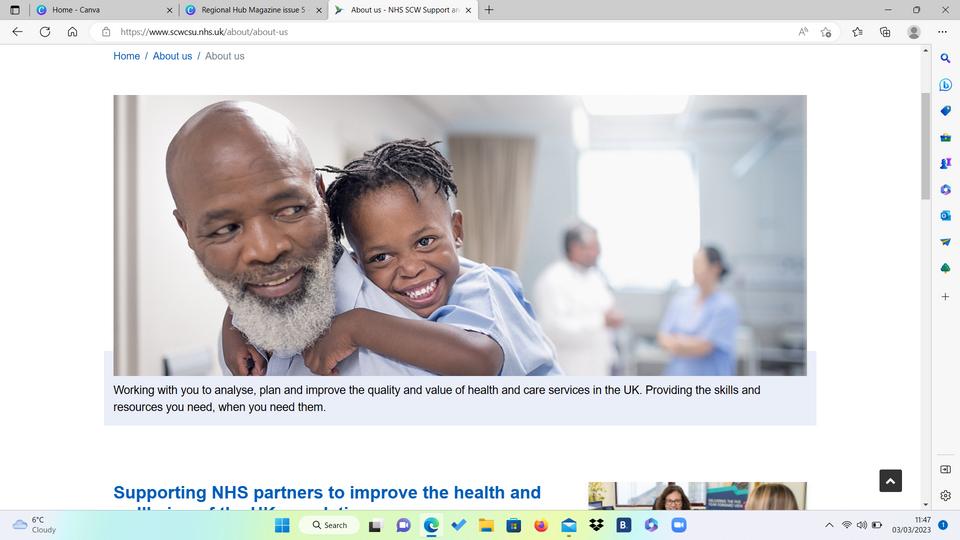
Our 1,500 dedicated staff cover a wide area across the south of England but we also work nationally, acting as system partners, joining the dots between health and care through service transformation and essential system support. With deep roots in the health and social care system, we have a clear perspective on both current and future challenges, and a passion for supporting our customers to address them.
October
 Author: David Benson
Author: David Benson
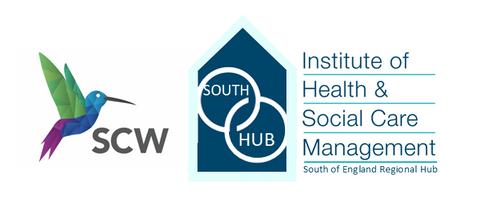

For everyone across the health and care sector, being great at change is going to be more important than ever. What is it about change that creates such mixed responses from people? At its heart, any change no matter how big or small, from moving desks to moving house to moving employer, generates a certain amount of anxiety. The trick is how you, and others around you, embrace this anxiety and use it to unlock conversations, relationships, networks, and solutions that may not have been readily apparent. As a leader or manager of people, it’s down to you to set the climate that either embraces the uncertainty and acknowledges the anxiety or shut out the emotion and deal with the task in hand. Do you choose to focus on the ‘to-do list’ rather than the ‘to talk about’ list?

This is why most change programmes become victims of a Gantt chart or a detailed project plan; it’s far easier to manage the tasks than it is the conversations. And it’s certainly easier to tick off items on a to-do list than it is to explore new perspectives and emotions that can create greater uncertainty (but can, when done right, unlock huge potential, innovative solutions, and greater engagement).
So, at the outset of any change programme, it becomes important to recognise the differences between change management and project management. They both work in harmony with each other, but each has a specific purpose. Change management focuses on hearts and minds whereas project management focuses on delivering tangible results. While change management primarily deals with addressing the human aspects of change, such as employee engagement, communication, and cultural shifts; project management is concerned with the practical execution of tasks and achieving predetermined objectives within a defined scope, budget, and timeline.








That’s not to say both disciplines are independent of one another. Together, change management and project management form a cohesive partnership, ensuring a holistic approach to change initiatives that encompasses both the emotional and practical dimensions of the change journey. Good leaders recognise and appreciate this and harness the expertise of great change managers and project managers to help deliver sustainable change in their organisations. Compassionate leadership, innovation, authentic listening, and empathy will all be critically important leadership traits that enable success. Leaders that focus on the people and enable them to be the architects and catalysts for change will be more effective than those that focus on the task alone.



October 2023

Change is not just a project. Seek the support from great change managers and project managers alike, who recognise and embrace the value of both disciplines and can work together to deliver something truly spectacular.
If you’d like to discuss SCWs approach to great workforce change management, and the HR subject matter expertise we can bring to any workforce change challenge, please get in touch with David Benson, Organisational Development Programme Director, david.benson2@nhs.net.







Organisational culture - the invisible and not-so-invisible force that shapes how we work and how we feel while we’re doing it.
As organisational development consultants working across the public sector landscape, we’ve noticed the continually increasing focus of organisations wanting to better understand, and ultimately improve, their culture.



There’s a growing recognition of its impact on organisational effectiveness, and this is being felt keenly as they navigate unprecedented levels of challenge and change, highlighting the importance of having our organisational culture work with us, not against us. This becomes even more relevant and important as many teams and organisations look to move towards more integrated operating models (as we’ll outline below) to become more effective, both as viable businesses and for the people and communities they serve.





If you work within a public sector organisation, 'integration’ is a word you’ve likely heard a lot over the last few years. Integration can be described as the process of ‘forming, coordinating or blending into a unified whole’ and within the health and care landscape, there’s been a whole lot of integration going on. The formation of Integrated Care Boards (ICBs) and Integrated Care Partnerships (ICPs), now enshrined in law, sets out the legal responsibilities for NHS commissioning services to come together to better serve local populations. NHS provider organisations are contending with large-scale mergers, population-based transformation programmes redrawing organisational boundaries, and the move towards provider collaborative working. NHS England, NHS Digital and Health Education England also concluded their integration on 1 April, as decided by the Secretary of State for Health and Care to ‘simplify national leadership of the NHS and create greater synergy around the People Plan, education and training…’.



And this is all taking place against a backdrop of growing service needs, strikes, persistent staffing shortages, and chronic funding challenges. Gallup’s State of the Global Workplace Report for 2022 saw the UK placed in the bottom 5th percentile for employee engagement against other European countries, highlighting that just 9% of UK employees are actively engaged at work, and with staff engagement and culture working hand in glove perhaps it doesn’t feel surprising that organisational culture may be paying the price.
The ambitions for organisational integration are often linked to benefits for efficiency savings, better use of resources, and more holistic, joined-up care, ultimately to better streamline pathways and access for the populations we serve. Often, the case for integration from a patient perspective is clearer, and the right thing to do.




But what impact does this have on the leaders and staff, who must navigate and implement integration ambitions while continuing to provide safe, effective, quality care to their populations?




We have seen first-hand the challenge leaders are grappling with, as they not only continue to enable healthy, thriving cultures within their own organisations but take on the role of change agent, curator, and ‘culture carrier’ for bringing together and harmonising multiple cultures, through the practice (whether deliberate, but often not) of culture integration. As leaders are recognising, it’s not enough to integrate the business model and assume the right culture will follow. Left to its own devices, culture can become an unwieldy powerful force and master saboteur, evaporating even the best-laid plans into thin air (which never fails to bring to mind Peter Drucker’s infamous quote of ‘said culture eating said strategy for breakfast’).
How
Traditional culture enablers which may have served organisations well up until now suddenly become the achilles heel for integration.




The conditions and behaviours which supported teams, particularly through times of crisis are now getting in the way of effective integration. Picture the service with a ‘family-feel’ culture, high trust, deeply bonded relationships between line managers and their teams, and a high sense of belonging and safetyfantastic, right?




But what happens when a service like this needs to align to a new integrated, ‘one organisation’ operating model?
A strong ‘family-feel’ culture becomes a monumental culture barrier. Teams don’t want to risk losing these bonds; fears are high over losing existing reporting lines. Safety and security feel jeopardised. Often, an individual’s ‘home’ team relationships are cited as the primary source of enjoyment in a role which regularly brings exceptionally high levels of challenge, difficulty, and stress. October


Through our experience, we’ve noticed there are steps change agents and leaders can take to better support culture change and culture integration efforts, and we’ll be sharing more on these in future blogs and dedicated Spotlight webinar sessions. Our next blog will focus on where to begin (Hint: by understanding and assessing the culture you have now). We hope you’ll enjoy the series. If you have any questions or would like to talk to someone about culture assessment, change or integration, please contact our accredited culture specialists, and authors of this blog, Jade Dear, Organisational Development Programme Manager, or Paul Edmonds, Organisational Development Programme Manager.



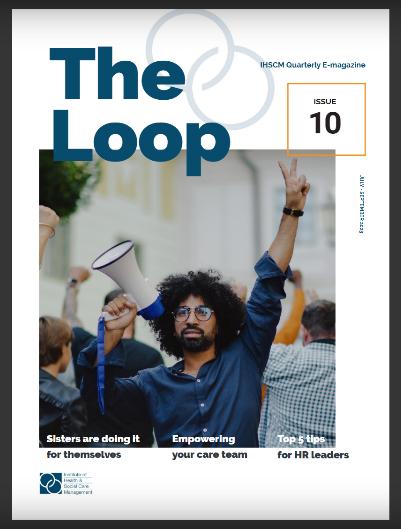
We hope that you have enjoyed this edition of the IHSCM Regional HUB Magazine. We also produce a magazine that is accessible to all members quarterly. To view the latest edition and previous editions please click on the image below or here - Magazine – IHSCM (ihm.org.uk)





